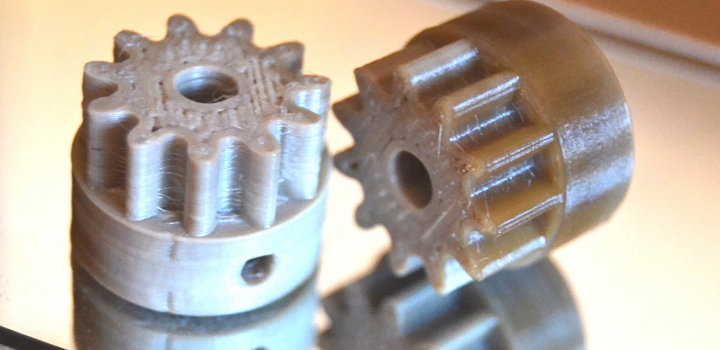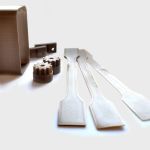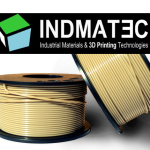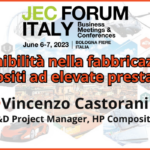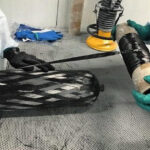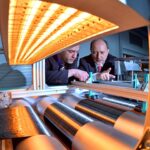It seems as though each and every week we are reporting on yet another material that has suddenly been introduced into the 3D printing space. Whether it is a new polymer, a new composite material or perhaps some sort of electrically conductive filament, each and every addition means new ways that we can now utilize our 3D printers. No longer are we stuck in a world where we are limited to 3D printing objects in just two boring plastic materials (PLA and ABS).
Back in March, we reported on a German company called INDMATEC, who had begun offering a material called “PEEK” (Polyether Ether Ketone) for the desktop 3D printing market. Previously this material was only made available for large scale, industrial level Selective Laser Sintering (SLS) 3D printers, as it typically has a melting point of around 662º F. The idea of being able to 3D print objects on an FFF/FDM 3D printer using PEEK, is one that could open a lot of doors for both prototyping and for the creation of end-use products.
Today, INDMATEC takes things a step further, with the launching of an all new FDM 3D printer aimed specifically at 3D printing high-temperature polymers, such as PEEK.
“The development preceded years of research,” explained Prof. Dr. Okolo, material scientist and co-founder of INDMATEC GmbH, “To make PEEK usable as filament and concurrently develop a FDM 3D printer, that meets the challenging demands of the material.”
The new 3D printer, which features a build volume of 155 x 155 x 155mm, will be equipped with a hotend that can reach up to 420°C (788°F).
It will be able to 3D print objects out of PEEK, a material which includes many advantageous properties. These include its biocompatibility, bio-inertness, chemical resistance, mechanical stiffness, and high temperature-resistance. Unlike PLA and ABS, which become soft or even melt when introduced to heat, PEEK has the ability to stand up to much higher temperatures. The material has been used in various industries but this is typically with more traditional subtractive methods of manufacturing.
“It was our goal to make additive manufacturing economically accessible for small- and medium sized enterprises,” said Tony Tran-Mai, CEO and Founder of INDMATEC.
Peek2The printer, simply called the PEEK 3D Printer, will be available for 9590 euros (approximately $10,734), and has the ability to print other high-temperature and high-performance polymers as well. The printer features a completely enclosed build-chamber with parts that have been constructed of non-reactive metals. It also has a special heated print bed that has been optimized for PEEK adhesion. The software that comes with the printer has also been optimized to make 3D printing with PEEK a “one-click-procedure”.
It should be interesting to see how well this new PEEK 3D Printer sells, and what other materials people try printing with it. What do you think about this latest announcement from INDMATEC? Will the ability to 3D print with PEEK mean anything to you? Discuss in the PEEK 3D Printer forum thread on 3DPB.com.
Photo 4’s caption: Prof. Dr. Okolo, material scientist and co-founder of INDMATEC GmbH


